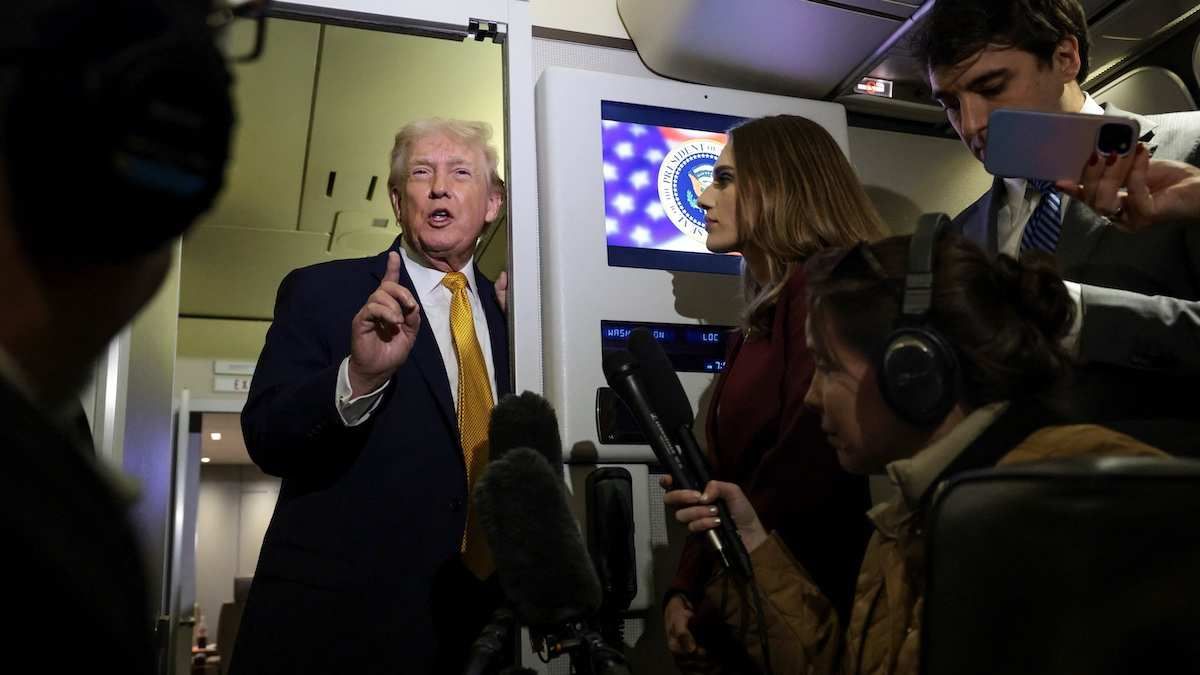News
September 14, 2018
WHAT WE’RE WATCHING
The Tunisian Gravedigger –Chamseddine Marzoug walks the beaches of Zarzis, Tunisia looking for the bodies of those who drowned while trying to reach Europe by boat. When he finds a corpse, he lays it in a body bag and takes it to a nearby hospital for examination. Once a report is filed, he washes the body and takes it to a graveyard dedicated to the unknown dead. He then buries the bodies in graves he has dug himself. In the process, he treats these unfortunate men, women, and children with a care and dignity they may never have known in life.
Cortlandt Street Station –After 17 years, New York’s Cortlandt Streetsubway station, nearly destroyed by the collapse of the World Trade Center towers on September 11, 2001, has officially reopened. It’s disorienting to see a shiny, clean station anywhere in New York City, but those who work on Wall Street are glad to finally have it back.
WHAT WE’RE IGNORING
Russian alibis – Alexander Petrov and Ruslan Boshirov, accused by British authorities of the poisoning attack on former Russian spy Sergei Skripal and his daughter in Salisbury in March, told the Russian state-run RT channel they were in the UK as tourists when the Skripals were poisoned with a rare nerve agent sprayed on Skripal’s front door. The two men say they are sports nutrition salesmen who visited Salisbury only to see the famously tall spire atop its cathedral. British officials say the two men work for Russian military intelligence and that police have surveillance footage of the two men near Skripal’s home.
Russian threats – Viktor Zolotov is fighting mad. This former bodyguard to Vladimir Putin posted a challenge on YouTube in response to what he says are false corruption charges levelled against him by Kremlin gadfly and anti-corruption activist Alexei Navalny. “Nobody has ever given you the spanking you deserve, so hard that you felt it in your liver,” warned Zolotov. “I simply challenge you to a duel… I promise in several minutes to make a nice juicy steak out of you.” Colorful threats, but the Petrov/Boshirov interviews were more entertaining.
More For You
It’s been just over 48 hours since US forces conducted a military operation in Caracas and seized Venezuelan strongman Nicolás Maduro, and the future governance of the country – and the US role in it – remains murky.
Most Popular
Ukrainian President Volodymyr Zelenskiy listens to US President Donald Trump, after Trump said that Russian President Vladimir Putin expressed willingness to help Ukraine "succeed," during a press conference at the Mar-a-Lago club, in Palm Beach, Florida, USA, on December 28, 2025.
REUTERS/Jonathan Ernst
The Guinea-flagged oil tanker MT Bandra, which is under sanctions, is partially seen alongside another vessel at El Palito terminal, near Puerto Cabello, Venezuela, on December 29, 2025.
REUTERS/Juan Carlos Hernandez
There have been several geopolitical shocks this year, yet none have stopped oil prices from plunging, showing how oil markets have become more risk tolerant.
© 2025 GZERO Media. All Rights Reserved | A Eurasia Group media company.
